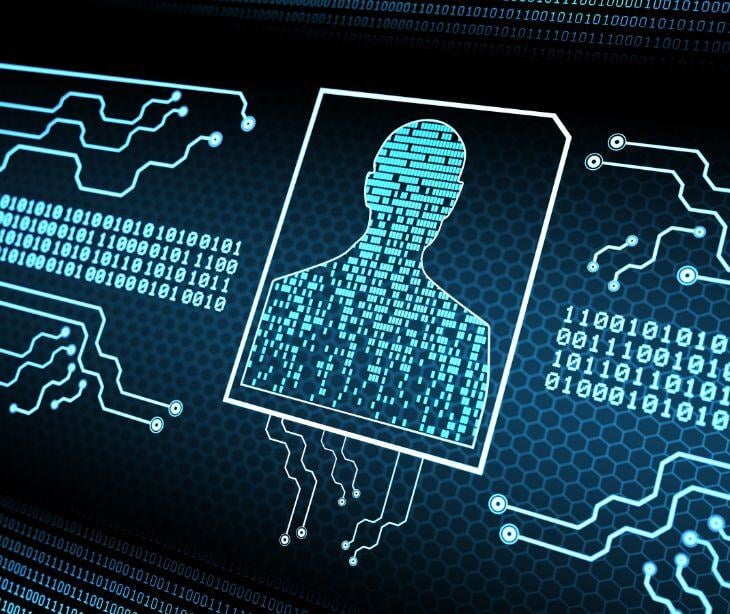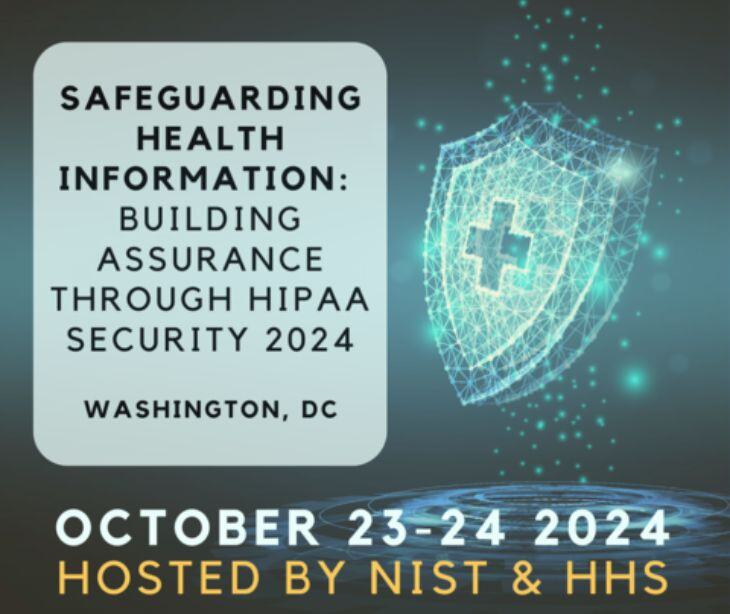2 min read
The risk of AI-driven cyberattacks in healthcare
Caitlin Anthoney Oct 31, 2024 5:00:00 AM

The rapid development of Artificial Intelligence (AI) opens the way for more sophisticated and focused cyberattacks. On October 23, 2024, at the Safeguarding Health Information: Building Assurance through HIPAA Security 2024 conference, Rahul Gaitonde, Cyber Threat Intelligence Branch Chief at HHS Cyber Security Operations, identified three areas where AI compromises cybersecurity.
Personalized AI-generated phishing
Gaitonde stated, “Machine learning is revolutionizing phishing campaigns by creating highly personalized and convincing messages.”
Traditional phishing attacks rely on a generic type of message, which users have become more adept at recognizing. AI can craft messages aimed at specific individuals, drawing on their interests and professional information to make the emails appear legitimate.
As AI technology evolves, says Gaitonde, "we can expect these attacks to become more sophisticated and harder to detect.”
The more precision there is in the attacks, the more healthcare organizations must increase training and awareness to respond to these threats.
Faster vulnerability scanning
AI's can scan cybersecurity vulnerabilities “at an unprecedented scale." Hackers can use AI to scan zero-day vulnerabilities in software to their advantage until developers find and fix them.
He pointed out recent examples where AI-driven reconnaissance was conducted against industrial control systems, showing that "these tools can quickly scan critical infrastructure networks for vulnerabilities."
Ultimately, organizations must accelerate their patching operations to avoid these threats.
AI-powered malware
Gaitonde defines AI-powered malware as “Self-learning malware that adjusts its behavior to avoid detection.”
While still largely theoretical, this type of malware adapts defenses in real-time, learning with each attempt to eradicate it. Therefore, making the malware more resilient to conventional elimination.
Ways healthcare organizations can mitigate AI-driven cyber threats
Enhanced employee training and awareness
Since phishing attacks are becoming virtually undetectable, healthcare organizations must increase employee awareness. More specifically, employees should regularly be trained on new phishing tactics and context-specific messages. Simulated phishing scenarios could also help employees practice identifying suspicious messages.
Using AI-powered defense systems
In the same way that AI can be used for cyberattacks, it can also enhance cybersecurity. AI-based security solutions can identify patterns of anomalous activity, detect anomalies in real-time, and proactively alert security teams.
Moreover, healthcare organizations can use AI for network monitoring and incident response to increase their defense against potential threats.
Strengthen patch management processes
Healthcare organizations must regularly update their software with vulnerability patches and assess these patches along the way.
Implement advanced malware detection
Adopting advanced threat detection technologies can help detect and identify new malware. More specifically, healthcare organizations can use endpoint detection and response with machine learning algorithms to detect, isolate, and remediate real-time threats.
Implement multi-factor authentication and zero-trust architecture
Healthcare organizations must use systems with multi-factor authentication and zero-trust security models. HIPAA compliant communication solutions like Paubox, offer these security measures, reducing the risk of unauthorized access. Furthermore, these platforms use advanced encryption to prevent costly data breaches and non-compliance fines.
Related: HIPAA Compliant Email: The Definitive Guide
FAQs
What is a data breach?
A breach occurs when an unauthorized party gains access, uses or discloses protected health information (PHI) without permission. Breaches include hacking, losing a device containing PHI, or sharing information, like email login credentials, with unauthorized individuals.
Who needs to comply with HIPAA?
HIPAA compliance is required for covered entities, such as healthcare providers, health plans, and healthcare clearinghouses, as well as their business associates who handle PHI.
Can HIPAA compliance give an organization a competitive advantage?
Yes, being HIPAA compliant can attract more patients and business partners, differentiating an organization from its competitors.




